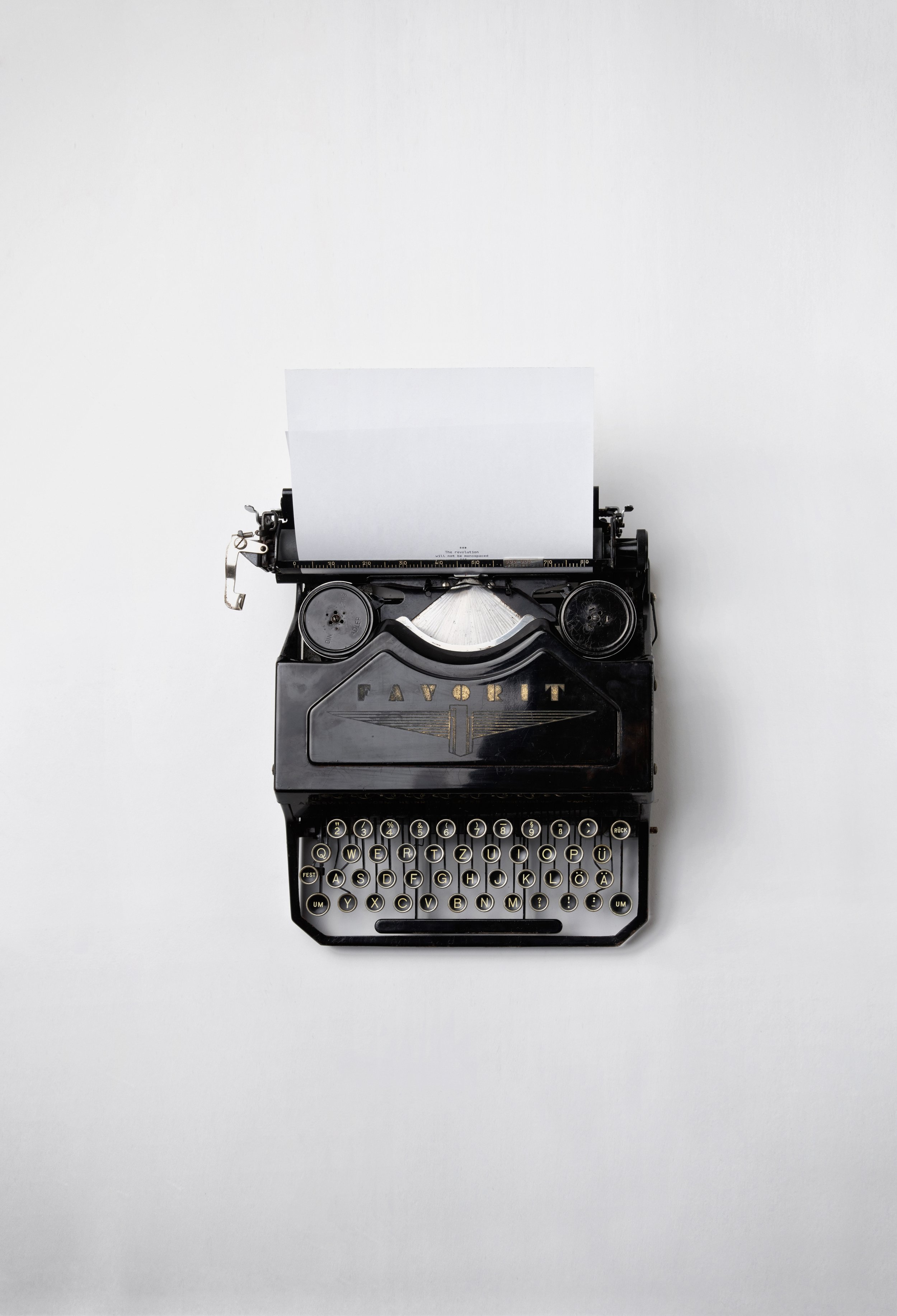Too much stuff - it's a common problem.
Why do we have all this stuff? Do we really need all of it? Do we even need half of it? How do we let go of the things we don't need? How do we keep those things from coming back?
When I first started asking myself these questions, I began realizing my possessions were like an outward expression of my inner self.The state of my home, my office, my desk influenced, and also reflected how I felt.
Cluttered with bits & bobs, excess papers everywhere, piles of clothes, and boxes of this & that - don't even get me stated on my inbox & emails! - there's no end to the form that "stuff" can take.
I keep looking for clues to solve the organizational puzzle - both for myself, and my clients.
Everyone has their own puzzle to solve when it comes to organizing, with it's own clues, and it's own solution. No single solution works for everyone in every situation - the best solution is the one that works for you now.
For me, the key to my code is generally minimizing. What no longer "sparks joy?" What can I thank and let go of? What objects can move on from my life?
For me, having lots of "stuff" is overwhelming - I don't think I'm alone in this.
Since our external world reflects & influences our internal world. I find that pairing down my possessions, with intention and focus, keeping things that spark joy, and passing along things that don't - no need to throw things out willy-nilly! - helps me begin to harmonize my internal and external worlds.
Put another way.
When my space feels good, I feel good.
Marie Kondo puts it like this:
The question of what you want to own is actually the question of how you want to live your life.
(quoted from an excerpt of Marie Kondo's book "The Life-Changing Magic of Tidying Up" posted on slate.com)
Our "stuff" is about so much more than just the physical object - so no wonder we get overwhelmed!
And no wonder, that when we start letting go of objects that don't bring us joy, we also begin to let go of the emotional baggage attached to those objects. It's almost like, by taking 1 step towards decluttering, you're also taking 2 steps towards eliminating overwhelm.
So, what's the smallest step you could take towards decluttering, and eliminating overwhelm?











